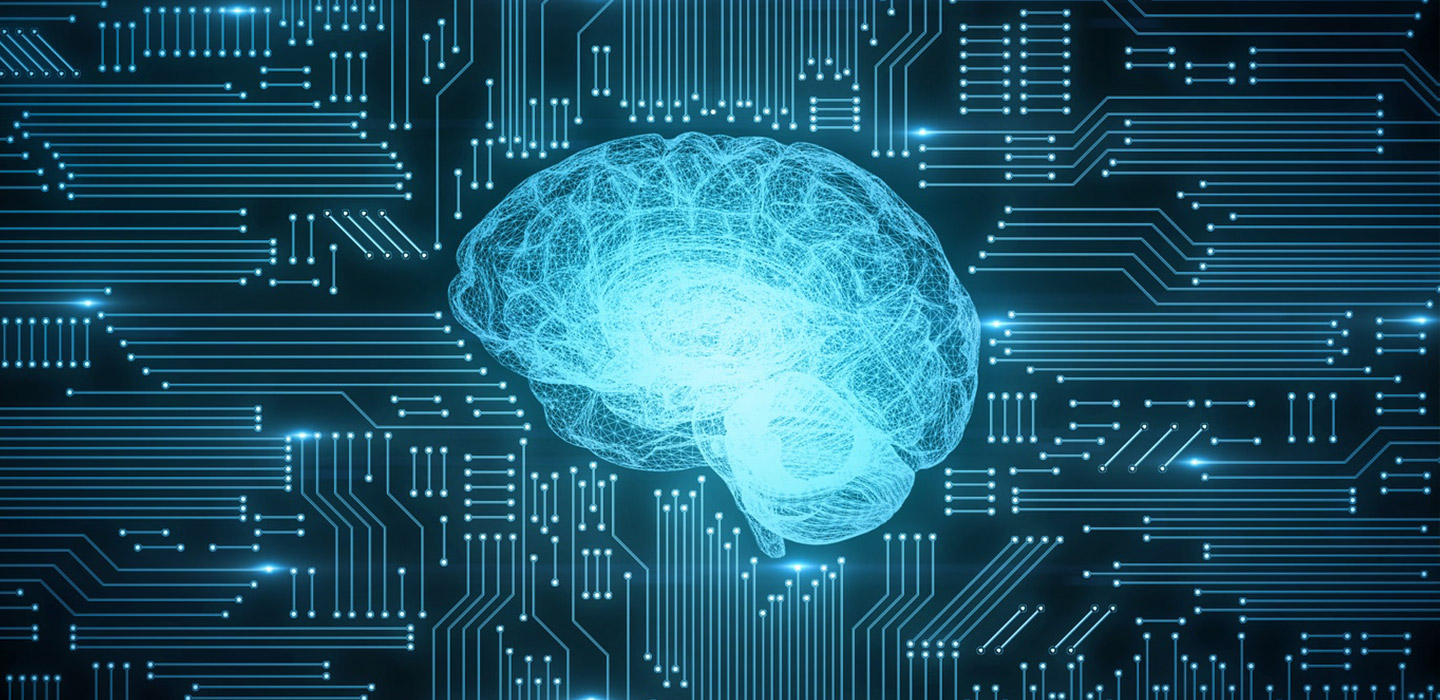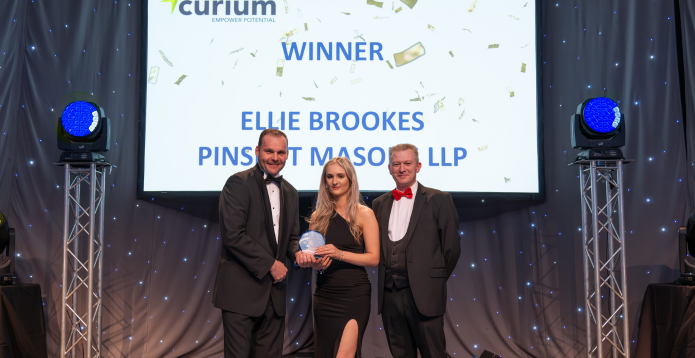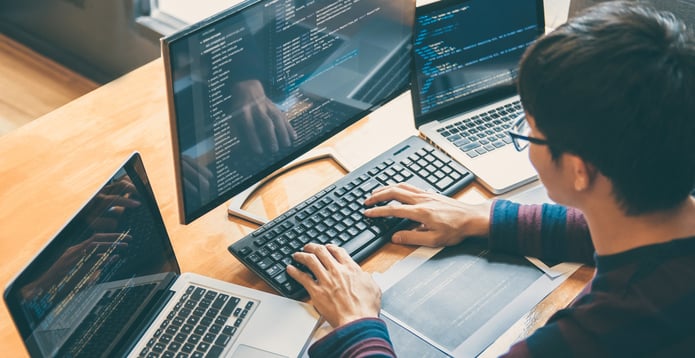
The Age of Technological Convergence
Have we already invented everything? Definitely not. Thinking this way is counterproductive, and unrealistic. Technological Convergence concerns the historical pathology of technology to merge and consume previous iterations of itself into a new single outcome, product or service. A great example of this is the smartphone.
In essence, this is occurring around us right now, the simultaneous (Evolutionary) reduction and expansion (New exploitation) of technology into new areas previously unheard of.
Physical vs. Digital Presence
What are the specific reasons to physically attend a collective workspace? Is it related to the need for those personal interactions, the face-to-face conversations that define and strengthen our personal work relationships? If we are honest, it is also linked to embedded perceptions of organisational citizenship.
The crossover between being able to perceive the difference between actual presence and digital presence is narrowing. Second Generation Virtual & Augmented Reality (‘xR’) technology is now mainstream, and several online meeting services now harness this tech (MeetinVR, Altspace, Bigscreen, Doghead, Cisco Spark, etc.).
This frontier is a fantastic opportunity particularly in a Global organisation such as Pinsent Masons both internally and externally; however, this will spark many new questions that will need answering – what does this mean about the legalities of how definitive is a digital representation of a person, compared to physical presence? Can we sign papers? Could we agree/disagree verbally, and that digital record of our voice be misused?
Artificial Intelligence
We’ve come a long way since the first few years of automation. With Alexa/Siri/Cortana being the consumer face of “artificial intelligence”, platforms have become ubiquitous with making life ‘easier’.
The future has the prospect of being both amazing and for some terrifying. From the ability to diagnose cancer using machine learning to ethical (legal) concerns about military use, there are numerous challenges ahead. Recently Cambridge University has set up a centre to focus on Machine Learning ethics.
Progressively more and more abstract tasks will be handed to machine learning environments that will replace human operations that will touch all industries including our own. Establishing legal liability for progressively more responsible roles will be complex, especially as we see the first non-human interaction (Completely AI) decisions affecting human life such as; vehicle control, medical treatment viability, decision bias/prejudice, or even sentencing.
We should embrace and exploit these capabilities as they climb the value chain, but also be aware that the ability to profile a person’s activities and personal attributes creates a highly detailed digital footprint that transcends any original intention and is usually open to the highest commercial bidder.
Internet of Things
In 1982 a Coke machine was famously connected to the internet and reported back inventory and temperature. Today, commoditised devices are forming an interconnected web of data, which has culminated in some cities being designated ‘Smart Cities’.
We now have the ability to detect when items leave a store without having to actively pay (Amazon Store), or have the ability to perform surgery from thousands of miles away. The world is exponentially being equipped with more and more devices relaying sensory data.
China is now pioneering the use of facial recognition in conjunction with AI to detect, determine and store ethnicity, clearly this is misuse from a western perspective, but are our legal and state apparatus able to legislate where the UK’s harvested data ends up, and how is access to it defined?
Blockchain
Traditional contracts and Physical FIAT currency will be around for a while yet, people want the assurance of paper manuscript signatures and the flexibility of an atomic disconnected transaction, untethered to the rest of the banking system.
Blockchain is predicted to be intrinsically linked to any exchange of value or goods, linking our eggs to its chicken, our laptops to their developing country workers, and our houses / cars to our digital identity. Nobody is rushing to do this yet, as it relies on a meshed web of upstream and downstream changes, but there will be a disruptive use-case emerging from this technology driving its adoption and popularity.
The age of technology convergence is truly with us; it will be pervasive in creating collective interconnectedness across places where we work, socialise or call home. Heritage boundaries are being blurred or removed, presenting opportunity and challenges for our organisation, our clients and ourselves.
Latest blogs

Award-Winning Apprenticeships
Discover what it's like to do a paralegal apprenticeship with Pinsent Masons Vario

CLM support in practice
Discover how Vario's Consulting: Process & Technology team help clients with their Contract Lifecycle Management
